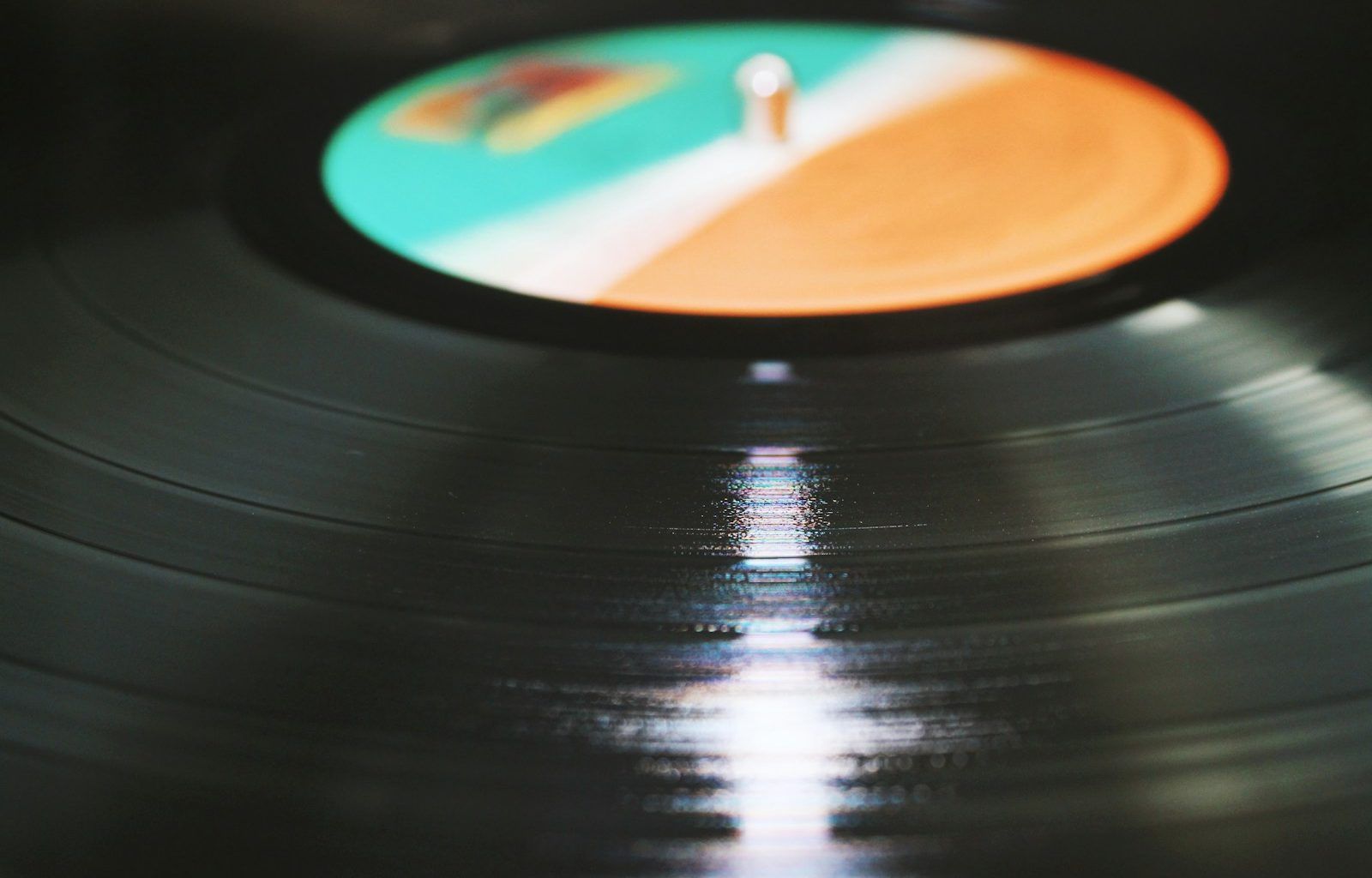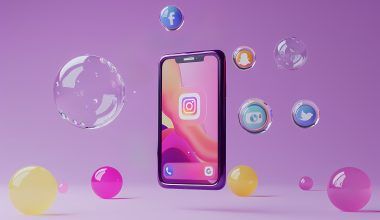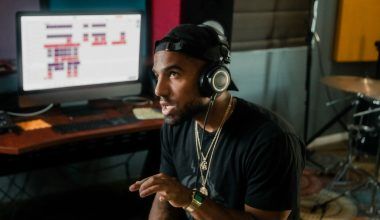Owning your masters in music might seem like a lofty goal, but it’s one of the most empowering moves you can make as an artist. Your masters are the original recordings of your music—the foundation of your career. These are the assets that generate income through licensing, streaming, and sales. When you own your masters, you own your future. Let’s dive into why this matters, how you can achieve it, and the steps to safeguard your creative rights.
What Are Masters in Music?
Before we go any further, let’s clarify what we mean by “masters.” A master recording is the official original recording of a song or album. When artists record their music in a studio, that’s the master. Whoever owns the master has control over how the music is used. This could mean deciding whether your song appears in a movie, a commercial, or a streaming platform.
If you don’t own your masters, someone else—typically a record label—does. They profit from your music and make decisions about its usage. That’s why owning your masters is so vital. It ensures you’re the one benefiting from your hard work.
Why Is Owning Masters in Music Important?
Owning your masters is not just about money; it’s about control. When you own your music, you decide:
- Where and how your music is distributed.
- Who can license your music for use in films, TV shows, or advertisements.
- How much you earn from streaming, sales, and other royalties.
It’s also about legacy. Your music is your art, and having control over your masters means protecting it for future generations. Without ownership, someone else’s decisions could impact how your work is remembered.
The History Behind Music Masters Ownership
To understand why owning your masters is such a big deal, it’s helpful to look at the history. Traditionally, record labels have owned artists’ masters. Artists would sign contracts that gave labels ownership in exchange for funding, marketing, and distribution.
However, many legendary artists like Prince, Taylor Swift, and Kanye West have fought publicly to regain control of their masters. Prince famously said, “If you don’t own your masters, your master owns you.” This sentiment has sparked a movement, with more artists now striving for ownership from the start.
How to Own Your Masters in Music
1. Start as an Independent Artist
The easiest way to own your masters is to avoid signing them away in the first place. As an independent artist, you control your music’s creation, recording, and distribution. You can use platforms like Bandcamp, DistroKid, or CD Baby to release your music without giving up ownership.
2. Negotiate Your Record Deal Wisely
If you decide to sign with a record label, read the contract carefully. Negotiate for a deal that allows you to retain ownership of your masters. This could mean accepting a smaller advance or taking on more responsibility for marketing your music. It’s worth it in the long run.
3. Buy Back Your Masters
If your masters are already owned by someone else, don’t lose hope. Many artists negotiate to buy back their masters. This can be expensive, but owning your creative work is invaluable. Consider working with a lawyer or advisor to navigate the process.
4. Work With a Music Lawyer
Contracts can be tricky, so always consult a music lawyer before signing anything. They can help you understand the fine print and ensure you’re not giving up ownership unnecessarily.
The Financial Side of Owning Masters
Owning your masters means you earn the lion’s share of the revenue. Here are the key income streams:
- Streaming Royalties: Platforms like Spotify and Apple Music pay artists based on streams. When you own your masters, more of that money goes directly to you.
- Sync Licensing: Your music can be licensed for use in TV shows, movies, or ads. Master ownership means you’ll receive the licensing fees.
- Physical Sales and Downloads: Whether it’s vinyl, CDs, or digital downloads, owning your masters ensures you’re paid fairly.
Challenges of Owning Masters in Music
Owning your masters isn’t always easy. It requires financial resources, legal knowledge, and industry experience. Here are some common challenges:
- Upfront Costs: Recording and producing music can be expensive. Without a label’s funding, you’ll need to invest in your career.
- Marketing and Distribution: Labels have the resources to promote your music globally. As an independent artist, you’ll need to build your audience organically.
- Negotiating Contracts: Even with a lawyer, negotiating for master ownership can be tough. Labels may push back or demand higher percentages of other revenue streams.
Tips for Protecting Your Masters
- Register Your Music: Always register your songs with performance rights organizations (PROs) like ASCAP, BMI, or SESAC. This ensures you get paid for public performances.
- Maintain Records: Keep detailed records of your contracts, registrations, and earnings. This documentation will help if disputes arise.
- Stay Educated: The music industry is always changing. Stay informed about trends and legal developments related to master ownership.
Success Stories of Artists Owning Their Masters
Prince
Prince’s battle to own his masters is one of the most famous in music history. He changed his name to a symbol and wrote “slave” on his face during performances to protest his label. Eventually, he regained control, inspiring countless artists.
Taylor Swift
Taylor Swift’s fight for her masters brought the issue to mainstream attention. After her old label sold her masters, she decided to re-record her albums, proving that artists can take back control in creative ways.
Chance the Rapper
As an independent artist, Chance the Rapper has always owned his masters. His success shows that it’s possible to achieve fame and financial success without signing them away.
Conclusion
Owning your masters in music is one of the most empowering decisions you can make as an artist. It gives you control over your art, ensures fair compensation, and protects your legacy. While the journey can be challenging, the rewards are well worth the effort.
Take small steps—educate yourself, seek legal advice, and stay true to your vision. Remember, your music is your story. Owning your masters means owning your narrative, now and forever.
For further reading, explore these related articles:
- How to Submit Music Artist Interviews and Get Them Published
- The Ultimate Guide to Music Blogs to Submit To
For additional resources on music marketing and distribution, visit DMT Records Private Limited.






